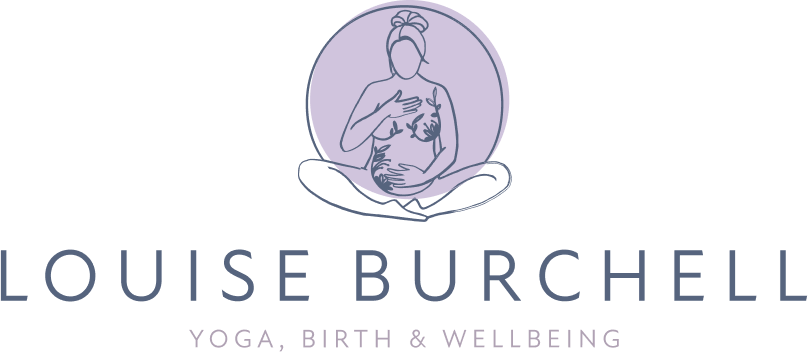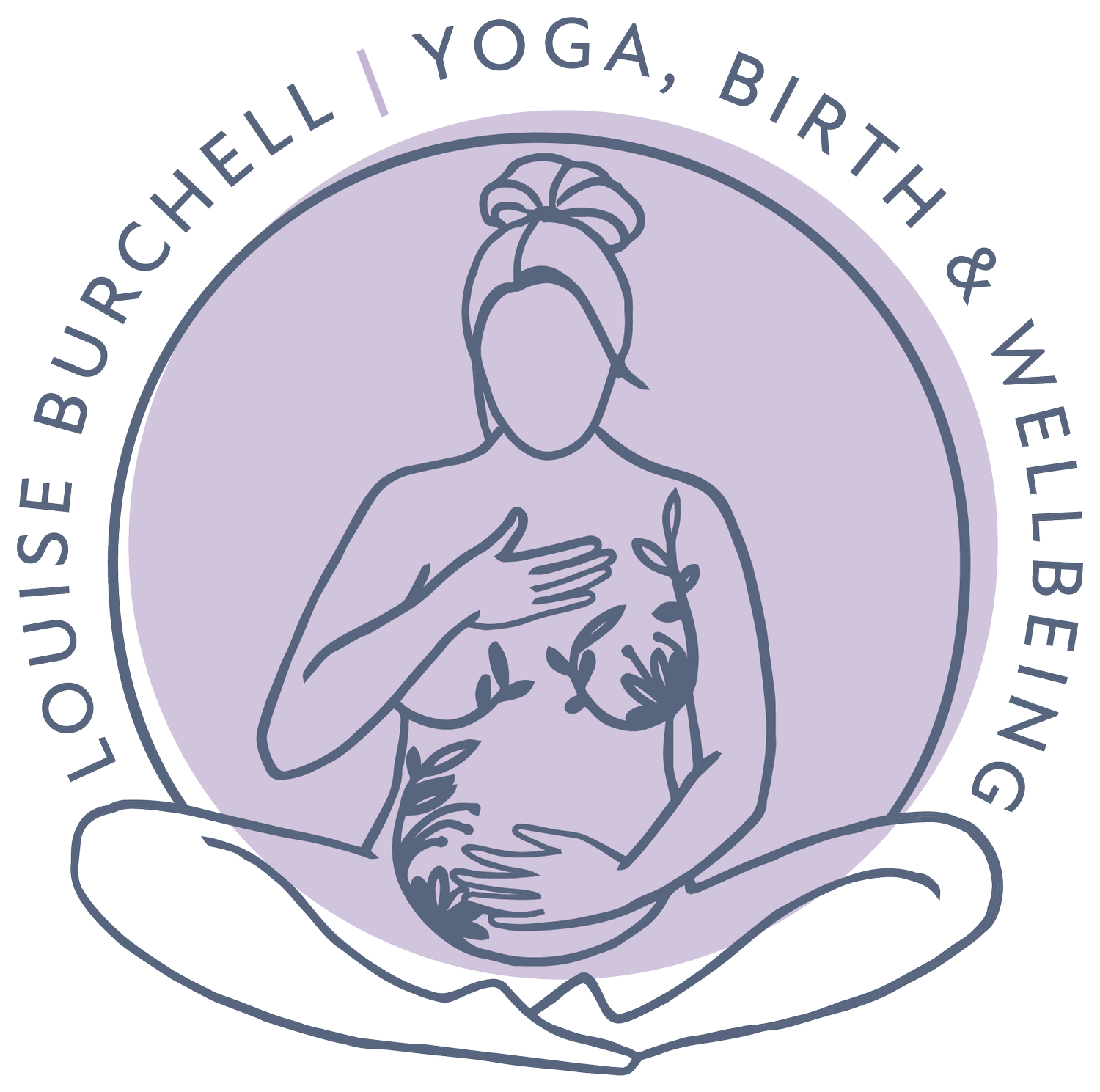The Importance of Counselling After Birth: Supporting New Mums’ and Dads’ Mental Wellbeing
The period after giving birth, sometimes referred to as the postpartum, postnatal or perinatal period, is a time of profound change—both physically and emotionally. While welcoming a baby can be a joyous experience, many new mums, dads and parents find themselves overwhelmed by a mix of emotions, from exhaustion and anxiety to feelings of inadequacy and sadness. Counselling after birth can provide invaluable support, offering a safe space to process emotions, navigate challenges, and build resilience during this transformative time.
Understanding Postnatal Mental Health
After birth, many parents experience a range of emotional responses. The “baby blues,” characterised by emotional ups and downs, tearfulness, and irritability, affect up to 80% of new mothers. However, for some, these feelings persist or intensify, sometimes leading to conditions such as postnatal depression or postnatal anxiety.
Postnatal depression (PND) is a significant mental health concern affecting both women and men in the UK. Approximately 10% of new mothers experience PND, with symptoms persisting beyond the initial weeks after birth. Similarly, research indicates that around 10% of new fathers also suffer from postnatal depression. Recognising and addressing PND in both parents is crucial for the well-being of the entire family.
Maybe you recognise some of these symptoms of postnatal mental health challenges:
Persistent sadness or low mood
Intense irritability or anger
Difficulty bonding with the baby
Extreme fatigue or insomnia
Intrusive thoughts or excessive worry
Seeking counselling early can help you identify and address these concerns before they become overwhelming.
How Counselling Supports New Mums & Dads
Emotional Validation – Speaking with a professional can help you feel heard and understood, reducing feelings of isolation.
Coping Strategies – Counsellors provide techniques to help you manage stress, anxiety, and overwhelming emotions.
Adjusting to Motherhood/Parenthood – Counselling can assist in navigating identity shifts and relationship changes after birth.
Birth Trauma Processing – If the birthing experience was distressing, therapy can help in processing and healing from the trauma. Remember, both the birthing parent and birth partner can experience birth trauma.
Supporting Partner and Family Relationships – Counselling can help you improve communication and understanding with your partner as you both adjust to your new roles.
When to Seek Counselling After Birth
It’s never too early or too late to seek support. If your feelings of sadness, anxiety, or distress persist beyond the first few weeks after having your baby or interfere with daily life, counselling can be beneficial. Many women wait, hoping their feelings will improve on their own, but early intervention can make a significant difference in mental health and overall well-being.
Breaking the Stigma Around Postpartum Counselling
Many women feel pressure to be a “perfect” mother and may hesitate to seek help due to fear of judgment. It’s really important that we recognise that postpartum mental health challenges are common, and seeking counselling is a sign of strength, not weakness. Normalising conversations around maternal mental health can encourage more mothers to access the support they need.
Conclusion
Counselling after birth offers a vital lifeline for new mums and dads struggling with emotional challenges. By prioritising mental health, you can not only improve your own well-being but also create a nurturing and supportive environment for your baby.
If you or someone you know is experiencing postpartum difficulties, seeking professional support can be a crucial step toward healing and happiness.
If you’d like to learn more about counselling don’t hesitate to reach out. Remember, you are not alone—help is available, and you deserve to feel supported on this journey into parenthood.
Email me to find out my current availability: louise@louiseburchell.com

